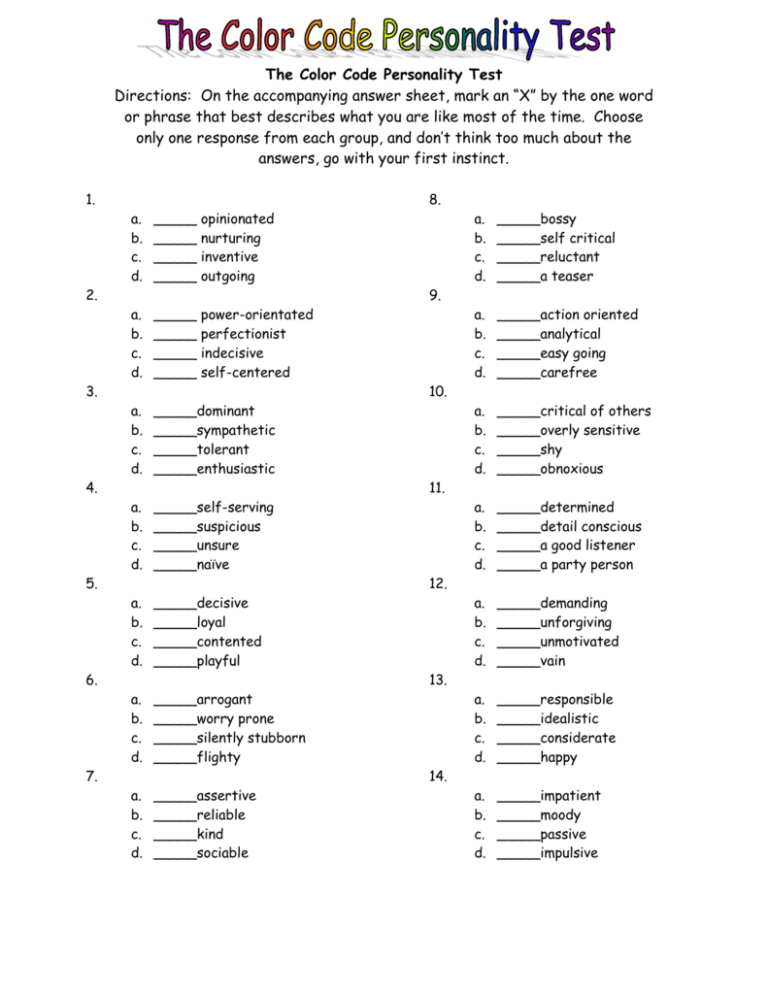

However, it was shown that their conclusion was based on tobacco industry-funded research that concluded that personality problems caused heart disease rather than tobacco use. Type D: distressed, lonely, sad, fearing rejection and disapprovalįriedmann and Rosenman first described a type A behavior pattern as a risk for heart disease.Type C: passive, repressed, strongly focused on others, unable to express emotions, submissive, helpless.Type B: easygoing, relaxed, patient, lower stress, no urgency.

Type A: competitive, irritable, hostile, ambitious, impatient, dominant.There are a few types of personality described as: Personality types organized by alphabet started in the 1950s with heart doctors Meyer Friedmann and Ray Rosenman and grew from there. If you are experiencing burnout, high distress, or trouble coping, talk to your doctor or therapist about treatment and where to find help in your community. Start with a simple walk, coffee date, or a dinner out.Ī type D personality can bring anxiety and stress. If you’re lonely and find yourself avoiding others, reach out to someone you trust. Medications can also help depression and anxiety. Psychotherapy or counseling can help you learn better coping skills, lower your stress, and connect with others. Is There Treatment for Type D Personality? It’s likelier that unhealthy behaviors and negative emotions lead to health problems rather than personality type. Research hasn’t shown whether a type D personality can predict your risk for disease or change your physical health directly. Over time, this might lead to other health problems like general poor health, heart attacks, a low immune system, and lots of illnesses. Type D personalities also tend to have poor coping skills, which can lead to higher levels of stress and burnout.

You might find work more stressful than others do, and you might feel exhausted and unsatisfied. Some studies show that type D personalities are more likely to miss work and take sick leave than other personality types. With less support from others, events and situations are more likely to get you down. Type D personalities are more likely to avoid people, which can lead to loneliness, low confidence, and more emotional problems. Having a type D personality does not necessarily mean you have depression, but you might cycle between depression and anxiety, especially during times of high stress.


 0 kommentar(er)
0 kommentar(er)
